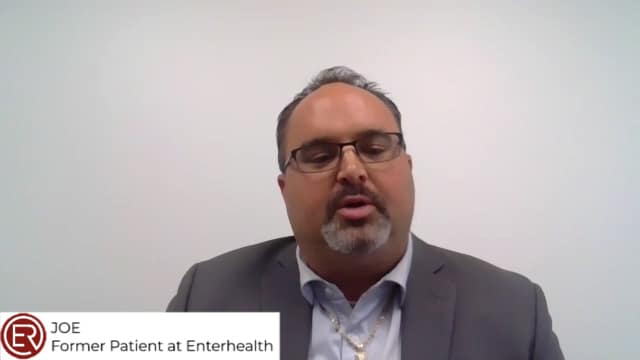Enterhealth uses a holistic, scientific approach to treat alcohol abuse and addiction. Our team of board-certified addiction psychiatrists, physicians, and psychologists are equipped with the latest evidence-based therapeutic and pharmacological techniques to help those with alcohol addiction regain control, sobriety, and stability in their lives.
Proven to be more effective than traditional addiction treatment programs, our treatments and protocols are based on the latest medical research from the National Institute of Health (NIH) identifying alcohol and drug dependency as a treatable chronic brain disease.








